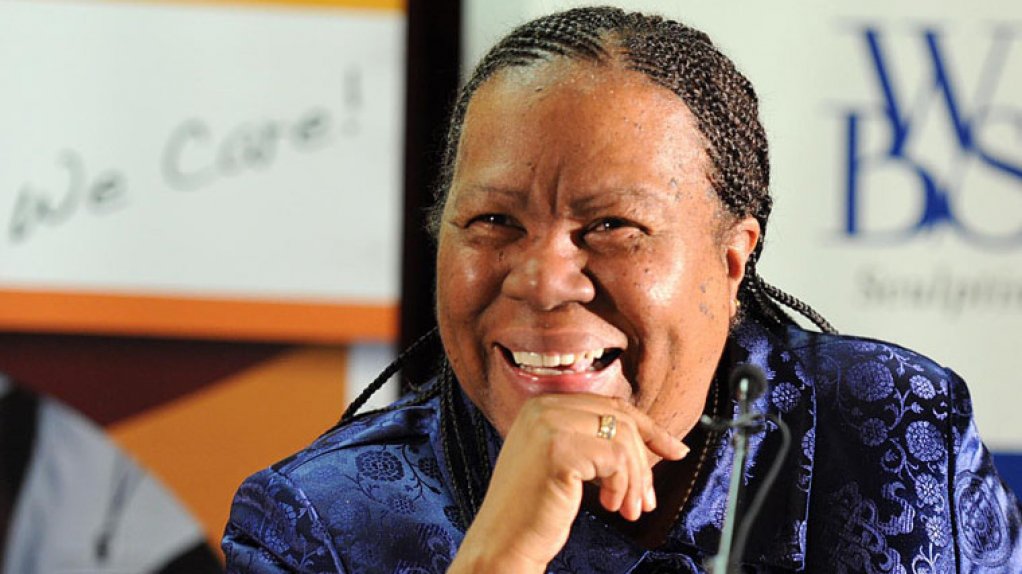Afritechnisation
Wits Students Business Society
Black Management Forum (student chapter)
"Rich in resources, yet drowning in poverty.
How does Africa take control through technology"
How can technology transform Africa?
One answer is to create Silicon Valleys in Africa. As you know there is talk about a Silicon Cape and Kenya has made a name for innovative start ups in the financial and services sector.
There is a difficulty with the Silicon Valley concept. It is based on excellent universities and a start up culture and a collection of venture capitalist companies that produced Google and many other Information technology (IT) tech companies. The trouble is Silicon Valley is very difficult to replicate in other parts of the US never mind other countries. Facebook started in Harvard, for example, and then moved to Silicon Valley.
Instead I think the answer is to create an innovation system that supports entrepreneurship and that is what we have been doing in South Africa. It's hard to predict where innovation will take you and what it will produce, but what African countries can do is to build an innovation system that begins with the raw materials of education and investing in research and development (R&D). Those two components produce ideas that are then turned into new products by firms. The key elements are leadership and talent development.
Over the past twenty years we have built a system that connects local government, big business, start-up entrepreneurs, venture capital, research organisations, higher education institutions, Further Education and Training colleges, and Services Sector Education & Training Authorities (SETAs).
Human capital development is where we start. We are encouraging more students to embark on science and engineering studies, but we also need to sustain their ability to pursue research careers. Too often our research talent is lost because of the attraction of other lucrative careers. We are addressing gender and racial imbalances in the make-up of our science and technology workforce.
Equally important is the development of entrepreneurial skills. We have already ensured that the intellectual property resulting from public funded R&D will be better managed and exploited through the establishment of the National Intellectual Property Management Office. But more must be done. Ensuring the necessary institutions and instruments are in place for South Africa to bridge the so-called “innovation chasm” or “valley of death” between research and market will be a priority. We are revitalising our Technology Innovation Agency (TIA) to complement the funding of our National Research Foundation.
The Square Kilometre Array (SKA) – arguably the most exciting global science project for the twenty-first century – will be proudly co-hosted by Africa. Through SKA Africans will be in pole position to exploit the innovation in computing and network technology the SKA is driving. Thanks to SKA we should be in a good position to benefit from new developments in big data.
Our partnerships with the eight other African nations that will host remote stations of the SKA remains strong and we are developing with them, in preparation of the full SKA, a new African network of telescopes, the African Very-long Baseline Interferometry Network or AVN. We are making a valuable contribution to the training of the next generation of African scientists and engineers.
Energy security is high on the Africa's science and technology agenda. For South Africa, our undisputed flagship success story is our hydrogen and fuel cell programme. We have developed novel metal catalysts for fuel cells from the platinum group of metals, with exciting opportunities for commercialisation. It is an excellent example of the beneficiation of our raw materials through science and technology. We are expanding our work in the renewable energy field, especially solar, and are well placed to become an important player in the lucrative lithium-ion battery market – as a result of smart investments.
With regard to space science, the South African National Space Agency (SANSA) is continuing its impressive progress with plans well advanced for the construction of a new South African satellite. South Africa is recognised as a space nation, but more specifically as a nation investing in space science to improve the quality of living of its citizens. This is, for example, achieved through making data and information products obtained from space platforms available to improve decision-making in managing disasters.
We also invest in social innovation. South African programmes to lift people out of poverty especially in remote rural areas through science and technology based interventions have attracted huge international interest from respected partners, such as the Bill and Melinda Gates Foundation. South Africa is now at the forefront of innovative programmes to provide decent sanitation service delivery to impoverished communities. Our Council for Scientific and Industrial Research (CSIR’s) “wireless mesh network”, which brings internet connectivity to rural areas, is narrowing the digital divide and enabling micro enterprise development in poverty-stricken areas.
The innovation system we have built is much wider and deeper than I have indicated. We are world leaders in marine science and its potential contribution to the blue economy and we are beginning to show the way on our other technology development programmes to support beneficiation of raw materials, such as the development of titanium metal power industry and fluoro-chemicals products. Our investment in advanced manufacturing technologies continues to ensure the South African aeronautics industry is a sought after partner for global players like Airbus and Boeing.
In summary then government has worked hard at connecting knowledge generation to economic development. One of the government's main post-1994 goals has been to shift South Africa's over-reliance on our resources base to value-adding and knowledge-intensive activities. The Department of Science and Technology (DST’s) initial interventions have concentrated on the exploitation of new knowledge for economic development around the mining and resource sector and the bioeconomy sector. We have also worked hard at harvesting indigenous knowledge.
Issued by: Department of Science and Technology
EMAIL THIS ARTICLE SAVE THIS ARTICLE
To subscribe email subscriptions@creamermedia.co.za or click here
To advertise email advertising@creamermedia.co.za or click here











